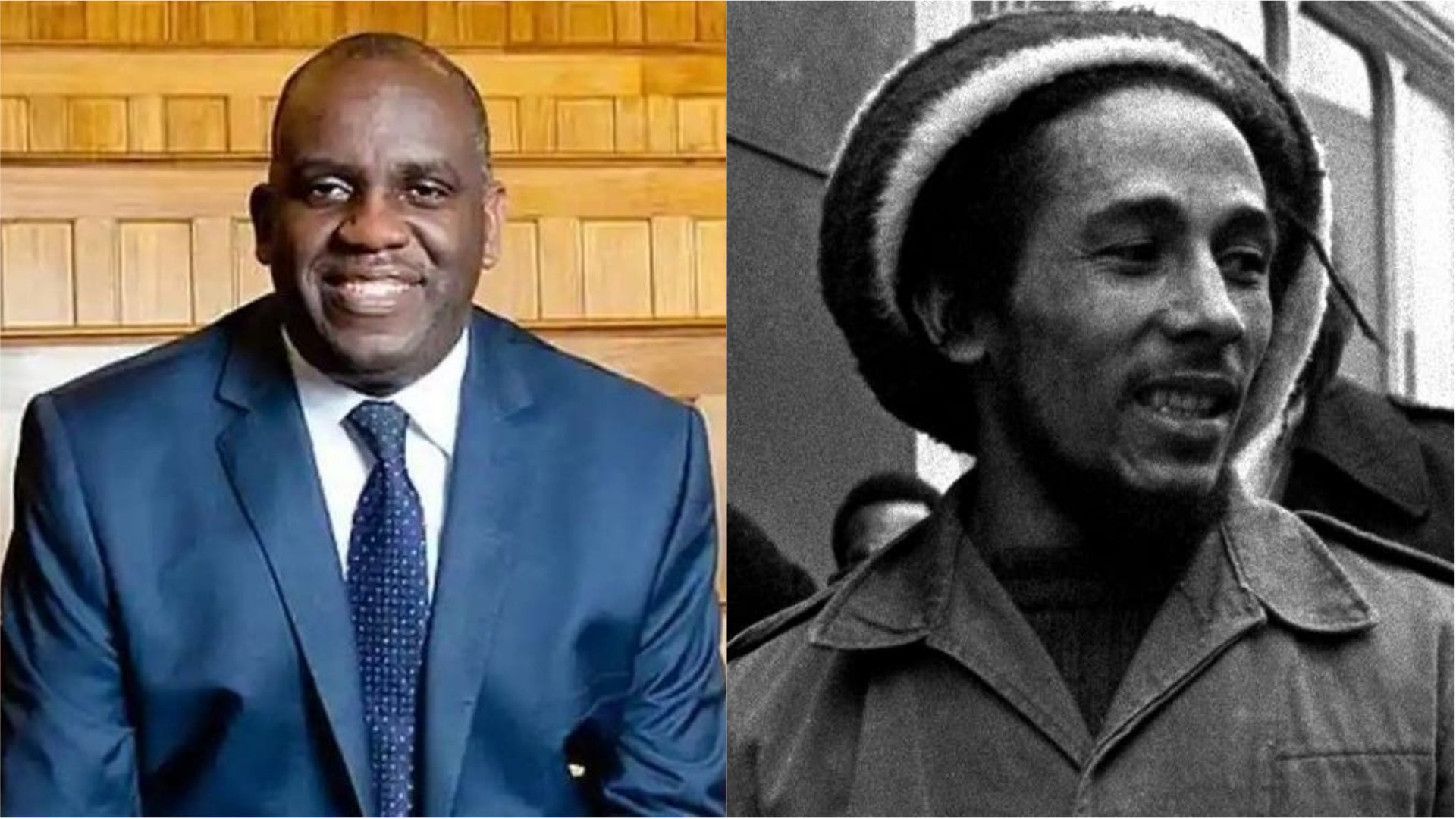Author of controversial race report invokes Bob Marley’s anti-oppression lyrics to defend slavery remarks
Tony Sewell recited lyrics to the reggae legend’s Redemption Song.

Your support helps us to tell the story
From reproductive rights to climate change to Big Tech, The Independent is on the ground when the story is developing. Whether it's investigating the financials of Elon Musk's pro-Trump PAC or producing our latest documentary, 'The A Word', which shines a light on the American women fighting for reproductive rights, we know how important it is to parse out the facts from the messaging.
At such a critical moment in US history, we need reporters on the ground. Your donation allows us to keep sending journalists to speak to both sides of the story.
The Independent is trusted by Americans across the entire political spectrum. And unlike many other quality news outlets, we choose not to lock Americans out of our reporting and analysis with paywalls. We believe quality journalism should be available to everyone, paid for by those who can afford it.
Your support makes all the difference.The author of controversial race report has invoked Bob Marley’s anti-oppression lyrics to deny that he attempted to glorify slavery.
Speaking at a panel event, The Sewell Report: Next Steps, hosted by rightwing thinktank Policy Exchange, Tony Sewell dismissed accusations of this as a “vile misrepresentation” .
In the 258-page document, Mr Sewell wrote: “There is a new story about the Caribbean experience which speaks to the slave period not only being about profit and suffering but how culturally African people transformed themselves into a remodelled African/Britain, submitting that this should be taught in schools.
Referring to Sam Sharpe, an enslaved Jamaican man who led slave rebellions in the Baptist War slave rebellion of 1831-2, Mr Sewell said: “What we want to do in this retelling, as it were, is to consider that that these people were not animals (as they were treated).
“The data from Caribbean social historians tell a story of how these were real people who kept aspects of their African culture - religion, dress, dance, food preparation and managed to preserve inside that inhumanity their humanity. We wanted not only to speak of the inhumanity of slavery but how African people managed to retain their humanity and resist slavery
Mr Sewell, who chairs the government-backed Commission on Race and Ethnic Disparities (Cred), quipped that if he had a guitar on his person, he would perform Redemption Song by late reggae superstar Bob Marley, a song about overcoming adversity.
Opting to recite the lyrics, he said: “Old pirates, yes they rob I, sold I to the merchant ships, minutes after they took I from the bottomless pit, but my hand was made strong by the hand of the almighty - we forward in this generation triumphantly”.
“Bob Marley is talking here about slavery, how African slaves retained the powerhouse of their imagination, that was the thing that the slavers couldn’t take away (...). And this led to resistance, this led to us retaining our African culture right inside that horror of slavery,” Mr Sewell added.
“That is what I think Caribbean children need to know about that experience and that period. No glorification of slavery there, please. It’s really telling a story of a people who are strong and it leads us right to where that culture is now.
“The public culture of Britain is rich, diverse, a mosaic of different traditions. Each intricate segment tells its own unique story but step away and you’ll see that they’re each part of an overall chronicle which binds them together and gives them all a new meaning. “
Mr. Sewell said that teaching these topics to children would also “reflect the good and the evil of Empire” and show “penny by penny how that slave period built modern Britain”.
The Policy Exchange panel featured director of British Future Sunder Katwala, journalist Sonia Sodha, epidemiologist Dr Raghib Ali and writer Ian Leslie.
No Black people, besides, Mr Sewell were involved in the discussion.
“I do think it’s a shame that there isn’t another Black person on the panel to respond to the report, given that Black people face some of the worse racial disparities in the UK,” Ms Sodha pointed out.
The panel was chaired by David Goodhart who is Head of Demography, Immigration and Integration at Policy Exchange and has, he once said, grown accustomed to being accused of being a racist by his own children.
Mr Goodhart has a history of controversial remarks including describing concerns of systemic racism in the UK as “statistically naive”, supporting the Home Office’s now-rebranded Hostile Environment policies which led to the Windrush scandal and defending “white self-interest”.
Last year, he was selected as a commissioner at the Equality and Human Rights Commission (EHRC) - a body that Cred wants the government to grant more powers to.
Join our commenting forum
Join thought-provoking conversations, follow other Independent readers and see their replies
Comments